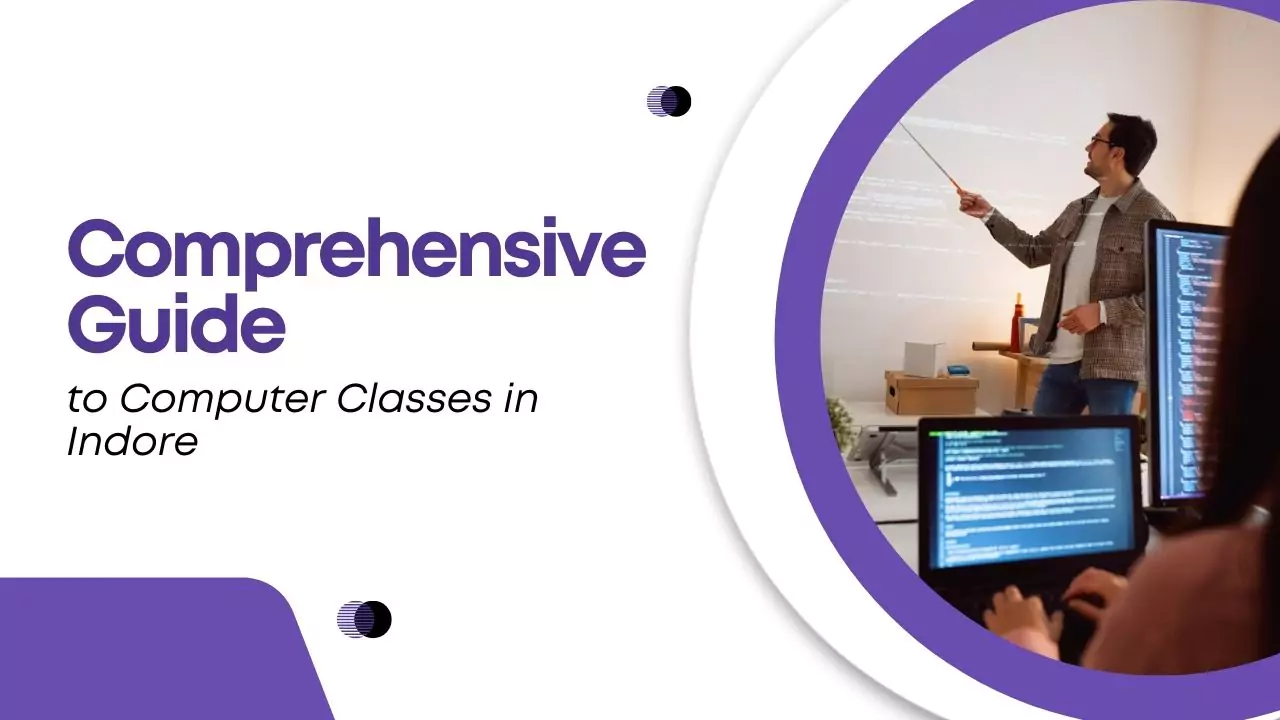In the world of web development, Full Stack Developers are the ultimate multitaskers. They possess the ability to work on both the frontend and backend of web applications, bridging the gap between the user interface and server-side logic. This blog will explore the essential full stack developer skills you need to excel in today’s tech-driven landscape, with detailed insights into the key technologies, tools, and techniques required.
What is Full Stack Development?
Full stack development refers to the practice of working with both frontend (the client side) and backend (the server side) of an application. Full stack developers are equipped to handle everything from creating visually appealing user interfaces to managing databases and servers.
This versatility makes full stack developers highly valuable, especially in smaller teams or startups, where a broad skill set can reduce the need for separate specialists.

Core Frontend Skills for Full Stack Developers
1. HTML/CSS
The foundation of any website is HTML (HyperText Markup Language), which structures the content, and CSS (Cascading Style Sheets), which styles that content. Mastering these is essential for full stack developers to create and design layouts that are both functional and visually appealing.
2. JavaScript
JavaScript is the most critical frontend programming language that allows developers to create dynamic and interactive experiences on websites. Full stack developers should be proficient in vanilla JavaScript before moving on to more complex frameworks.
3. Frontend Frameworks
Frameworks like React, Vue.js, and Angular help developers build modular and scalable web applications. React, for example, allows developers to break down the UI into reusable components, making it easier to manage large projects.
4. Responsive Design
In today’s mobile-first world, a full stack developer must be adept at creating responsive designs that work seamlessly across devices. This involves understanding media queries and grid layouts to ensure compatibility across different screen sizes.
Core Backend Skills for Full Stack Developers
1. Backend Programming Languages
Backend development requires proficiency in languages like Python, Ruby, Node.js, or PHP. These languages power the server-side logic, handling tasks like authentication, data storage, and business logic.
2. Backend Frameworks
Frameworks like Django (Python), Ruby on Rails (Ruby), and Laravel (PHP) streamline backend development by providing pre-built modules and tools for handling routing, database queries, and user management.
3. Database Management
A crucial aspect of backend development is understanding databases. Full stack developers should be familiar with both relational databases like MySQL and non-relational databases like MongoDB. These tools allow developers to store, retrieve, and manipulate data efficiently.
4. APIs and Web Architecture
A full stack developer should have a solid understanding of HTTP/REST protocols to facilitate communication between the frontend and backend. They should also be comfortable with API development and consumption, which is essential for building scalable applications

Web Architecture and Deployment
Web architecture defines how different components of an application communicate with each other. Full stack developers must understand concepts like client-server architecture, load balancing, and scaling.
In addition to coding, developers should also be knowledgeable in DevOps practices to automate the deployment process. Tools like Docker and Kubernetes help manage microservices, while AWS or Google Cloud platforms provide the infrastructure for hosting these services.
Version Control and Collaboration Tools
In today’s collaborative work environment, full stack developers must be proficient in version control systems like Git and GitHub. These tools allow multiple developers to work on the same project while keeping track of changes and avoiding conflicts.
Soft Skills for Full Stack Developers
1. Communication Skills
Full stack developers often work with diverse teams, including designers, project managers, and business stakeholders. Strong communication skills are crucial for ensuring that all parts of the project are aligned.
2. Attention to Detail
Building applications that function seamlessly requires attention to detail, especially when dealing with complex interactions between the frontend and backend
3. Time Management
With the diverse range of tasks that full stack developers handle, from coding to debugging, time management is key. Effective prioritization ensures that deadlines are met without compromising on quality.

Bonus Skills for Staying Ahead
As the tech industry continues to evolve, full stack developers should be open to learning new technologies that enhance their skill set:
- AI and Machine Learning: Understanding AI can help developers build more intelligent and adaptive applications.
- Cloud Computing: Experience with cloud platforms like AWS, Azure, and Google Cloud can boost your employability, as companies increasingly shift to cloud-based solutions.
- Web Security: Building secure applications is a must in today’s landscape. Full stack developers need to be familiar with common vulnerabilities like XSS, SQL injection, and security best practices.
Conclusion
The role of a full stack developer is challenging but rewarding, requiring proficiency across a wide range of technologies and tools. Whether you’re a budding developer or a seasoned professional, mastering these full stack developer skills will open up opportunities in today’s tech-driven world.
Ready to level up? Explore our courses at Futuristic Coding Academy to gain hands-on experience and become a sought-after full stack developer!
FAQs
1. What skills does a full stack developer need?
A full stack developer needs a combination of frontend and backend skills. Key skills include:
- Frontend: HTML, CSS, JavaScript, and frontend frameworks like React or Angular.
- Backend: Knowledge of backend languages like Python, Ruby, and JavaScript (Node.js), along with databases like MySQL and MongoDB.
- Other important skills include version control (Git), APIs (REST), and cloud services like AWS.
2. Is JavaScript essential for full stack development?
Yes, JavaScript is critical for both the frontend and backend. It powers interactive elements on the frontend and, with Node.js, it’s commonly used for backend server logic. Understanding JavaScript helps full stack developers manage both client-side and server-side functionalities efficiently
3. Which database should a full stack developer learn?
A full stack developer should be familiar with both relational databases like MySQL or PostgreSQL and NoSQL databases like MongoDB. Each serves different purposes depending on the project requirements, making versatility in database management an essential skill.
4. What is the difference between frontend and backend skills?
Frontend skills involve creating the user interface and experience of a website using HTML, CSS, and JavaScript, while backend skills focus on server-side logic, databases, and application performance using languages like Python, Node.js, and frameworks like Django and Ruby on Rails.
5. How do full stack developers manage version control?
Full stack developers use version control systems like Git and platforms like GitHub to track changes in their code, collaborate with other developers, and manage multiple versions of projects. Proficiency in Git is essential for modern development workflows.






